Blogs and Free Resources
Here at ∫⁄¡œÕ¯, our mission is to provide professionals like you with FREE practical and valuable tools, strategies,
and resources to assist with the great work you do. Find expert tips, helpful worksheets, demonstration videos, CE, news,
and more here. Happy learning!
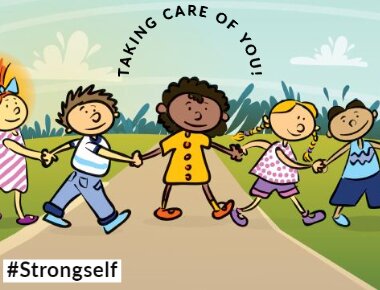
Taking Care of You!
Helping Yourself and Your Clients Practice Self-Care (ideas and free worksheet)
If you’ve been helping clients adapt to their new schedules and integrate healthy ways to manage daily stress, you know how important it is for all of us to make time to support our own mental health. Self-care is a majority priority right now so that we can make our feelings, and responses to stress more manageable. Here are some ideas and a free worksheet from the Trauma-Informed Social-Emotional Toolbox for Children & Adolescents—but also works for adults!
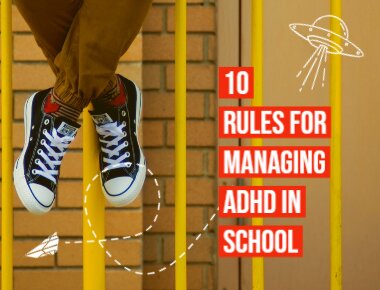
10 Rules for Managing ADHD in School
Plus 80 recommendations in an exclusive CE video & Worksheet...
Children and teens with ADHD have serious deficits in their executive functioning and self-regulation which can interfere with pursuing goals or contemplating multiple solutions. In dealing with these deficits, here are 10 specific rules to managing children and teens with ADHD in school.

Working with Teens Without Nagging
Help is here...
Tired of ‘nagging’ without success? Dr. SharonSaline provides tips for disarming pushback and negativity.
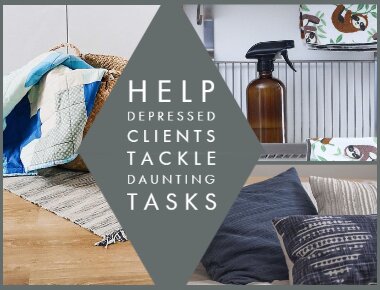
Simple Ways to Help Depressed Clients Tackle Daunting Tasks
How you can motivate your clients to take the first steps toward a full & active life
For people with depression, daily activities like showering, picking up the house and even going outside, can seem monumental. But accomplishing tasks and being active are crucial for your clients’ wellbeing. Help them get moving again with these simple tips.
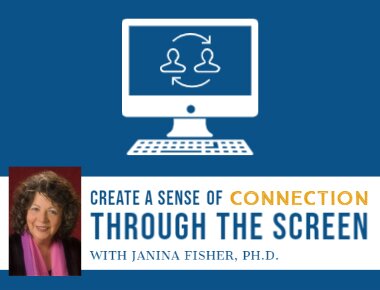
Create Connection from a Distance: Making Telehealth Relational
Janina Fisher, PhD shares her pro tips for transcending the limitations of telehealth and establishing a sense of closeness with your clients.
Now that distance therapy is the “new normal” when treating clients, knowing how to create a sense of connection through the screen is essential. In this short video, trauma treatment expert Janina Fisher shares her pro tips for helping clients feel engaged, listened to and understood—no matter where you are.
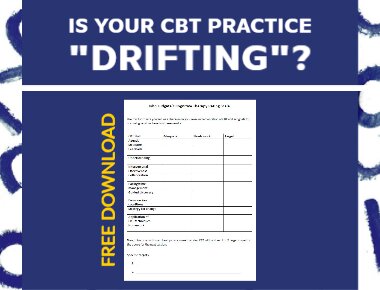
Are you practicing CBT to the best of your ability?
Discover tools and assessments to help determine if your CBT practice is “drifting”
John Ludgate, Ph.D. shares his Cognitive Therapy Rating Scale to help therapists check-in on their own implementation of CBT and set goals for themselves for upcoming sessions.

Dr. Richard Schwartz: Wake Up Calls and Trail Heads
How COVID-19 is affecting our parts.
Dr. Richard Schwartz, founder of IFS, speaks on how COVID-19 is a triggering situation that has an array of effects on all of our parts and how this is a wakeup call not just for us personally, but also for the planet, countries, and corporations.
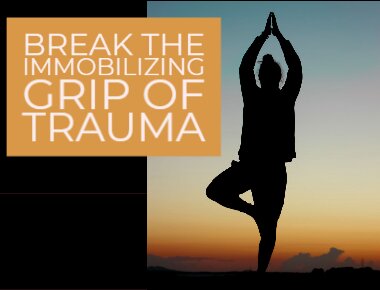
How Yoga Promotes Both Top-Down and Bottom-Up Regulation in Trauma Survivors
Discover how yoga can discharge memories stored in the nervous system of trauma survivors
Irina Diyankova, PhD, RYT-200 reveals how yoga stimulates both top-down and bottom-up regulation, which can help trauma survivors reset their nervous systems back to baseline.

CBT for Couples
FREE worksheet to improve communication, navigate problems, and build strong relationships.
John Ludgate, Ph.D., F.A.C.T., shares his powerful, FREE CBT for Couples worksheet. So, if you’re a clinician who works with relationship issues, you’ll want this hands-on, practical tool today.

Managing Screen Time in a Digital World
Develop habits that will help your young clients succeed in a digital generation
The increased use of screens is impacting social skills, human interaction, and compromising neurosensory development. That’s why Aubrey Schmalle, OTR/L, SIPT wants to help you develop habits that will help your young clients succeed in a digital world.

